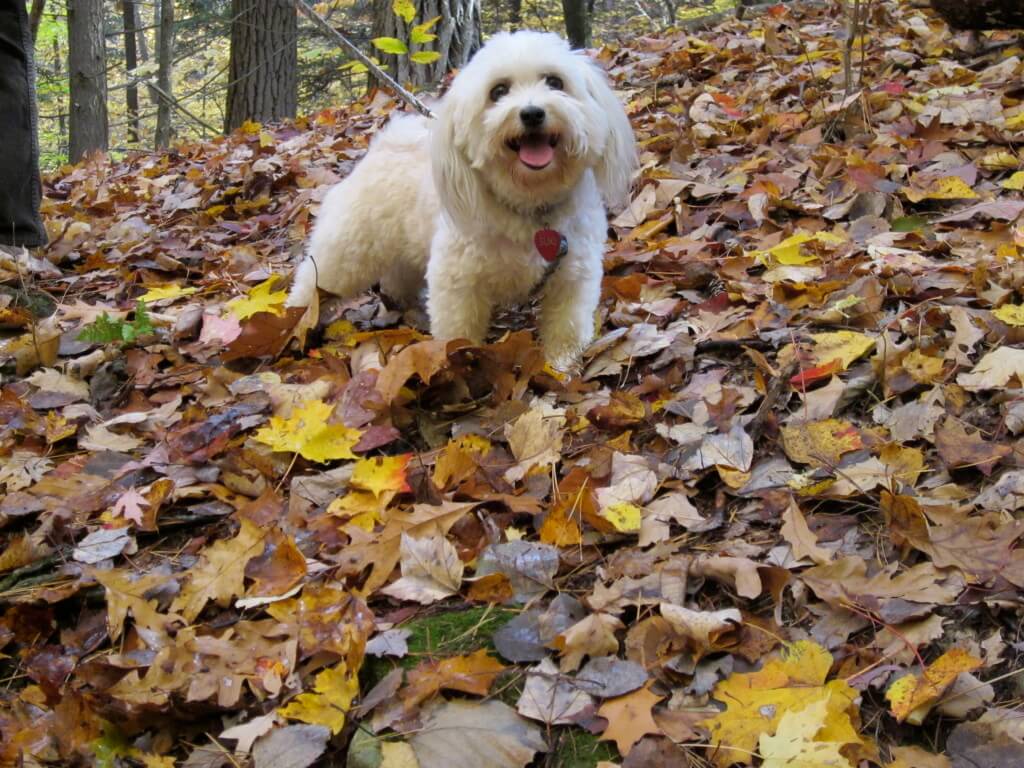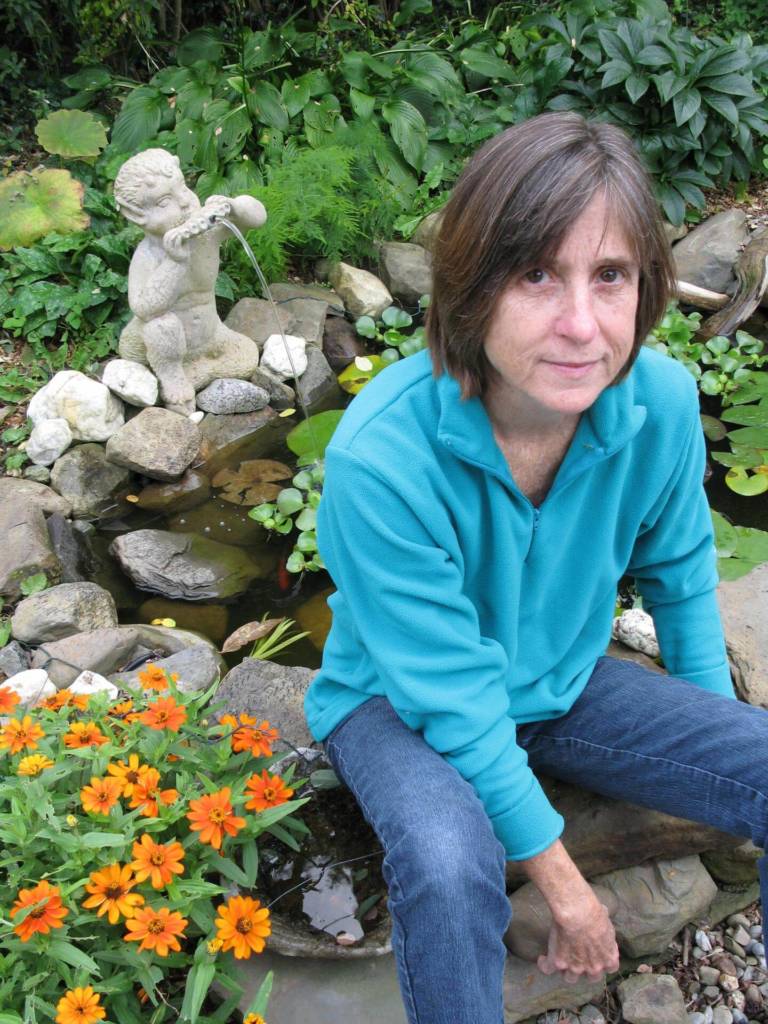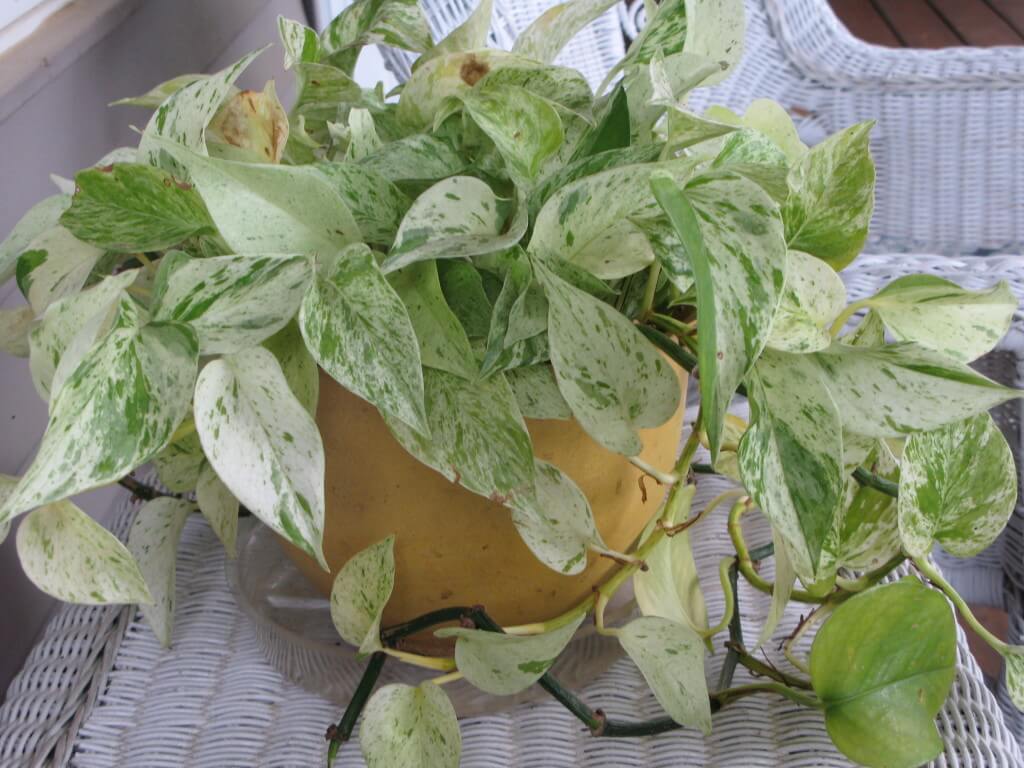When was the last time you were lost?
Elaine Mansfield found me in the tiny kitchen just off the oncology unit at Strong Memorial Hospital in Rochester, New York. It was in the spring of 2008. Marika and I were just entering the labyrinth of cancer as Elaine and her husband, Vic, were exiting that daunting world of hospitals, doctors and drugs. Our paths intercepted again three years later at a memoir reading group offered by Jill Swenson at Swenson Book Development. Elaine recognized me right away. It took a few seconds but then I remembered the aromatic curried greens with garlic she’d heated up in the microwave at the hospital. Back then, I was so lost that my brain required strong sensory input to record or remember anything.
Two weeks ago, Elaine and I went on a walk. In her woods, with our dogs. She showed me the peaceful spot where Vic’s ashes are buried. And soon after, we got lost.
With GPS and cell phones and suburban sprawl, there isn’t much opportunity to get lost these days. So I wasn’t too worried.
“But I feel like I’m not taking good care of you,” says Elaine.
“You’re giving me a gift – an adventure,” I say. Anyone who reads my blog regularly, knows I can embrace a broken nose, getting a speeding ticket or replacing an old refrigerator as a gift.
Elaine’s dog, Willow, lead the way. I followed Elaine. It seems Elaine is always a few steps ahead of me. She has just finished writing a memoir about her remarkable time with her husband and is almost ready to find a publisher. My own manuscript is not quite in its final polished state. We talk about all the things we need to do to attract readers and interest in our work. We lose track of the time and where we are going.
“I have that effect on people,” I tell her. “This isn’t the first time I’ve disoriented someone.” I pull on Suki’s leash to get her to stop pulling me.
“Why don’t you let her off the leash?” Elaine asks.
“I don’t want to lose her. She’ll charge after a deer or a squirrel and end up two counties away and I’ll never find her again,” I say.
“You stay here while I go see if that’s the right trail,” Elaine says. This is the second time we try this. It puzzles me how, both times, Elaine finds me again, not retracing her steps but by walking clear around so as to approach me from a whole different direction.
“If Willow could talk we’d have no problem,” I say, nodding towards Elaine’s gracefully bounding dog. “I don’t believe Willow’s lost; she’s just enjoying an extended romp in her woods.”
 Were we lost? We’d certainly walked a few times around in circles over the fallen leaves that camouflaged our trail. But I was not lost that day in the woods; I was with my friend, Elaine. Lost is the day I found out Marika had leukemia and I couldn’t imagine what lay ahead of us. Lost is not knowing “What’s Next,” whether it be in the landscape that surrounds you or in your life in general. In the woods that day, we knew where we’d be by evening. And we both knew we had long journeys before us as we begin to launch our memoirs and find peace in our new lives. Maybe lost is not having a “Next” that we can see and share, like our loved ones we say “we lost.” Lost is not necessarily a bad state to be in or something to fear. One can be lost in one’s work or lost in love. Lost could be a heavy sick Marika Warden’s dog, Suki, a Havanese, lost in the leaves in the forestsinking feeling but it was lovely there with the yellow leaves all over the forest floor, reflecting a warm golden light.
Were we lost? We’d certainly walked a few times around in circles over the fallen leaves that camouflaged our trail. But I was not lost that day in the woods; I was with my friend, Elaine. Lost is the day I found out Marika had leukemia and I couldn’t imagine what lay ahead of us. Lost is not knowing “What’s Next,” whether it be in the landscape that surrounds you or in your life in general. In the woods that day, we knew where we’d be by evening. And we both knew we had long journeys before us as we begin to launch our memoirs and find peace in our new lives. Maybe lost is not having a “Next” that we can see and share, like our loved ones we say “we lost.” Lost is not necessarily a bad state to be in or something to fear. One can be lost in one’s work or lost in love. Lost could be a heavy sick Marika Warden’s dog, Suki, a Havanese, lost in the leaves in the forestsinking feeling but it was lovely there with the yellow leaves all over the forest floor, reflecting a warm golden light.
“We need to stay on this side of the stream,” Elaine says. “That’s my neighbor’s barn, we don’t want to go there.” She wasn’t lost. She knew we were somewhere in her back yard. She just couldn’t find the path that was so obscured by the beautiful bright blanket of fallen leaves.
Almost three hours from the start of our walk, we finally find ourselves back at Elaine’s cozy home and she sets out hot welcoming soup made from her garden. We find we have a lot in common. We find five tics on Suki. We are being found by more and more people who want to read our stories. And hopefully, when we are ready, our books will be found by publishers who are excited about what we have to say.
Visit Elaine Mansfield’s blog at www.elainemansfield.com for information and stories about love, health and healing.
Please Share on your Social Media
